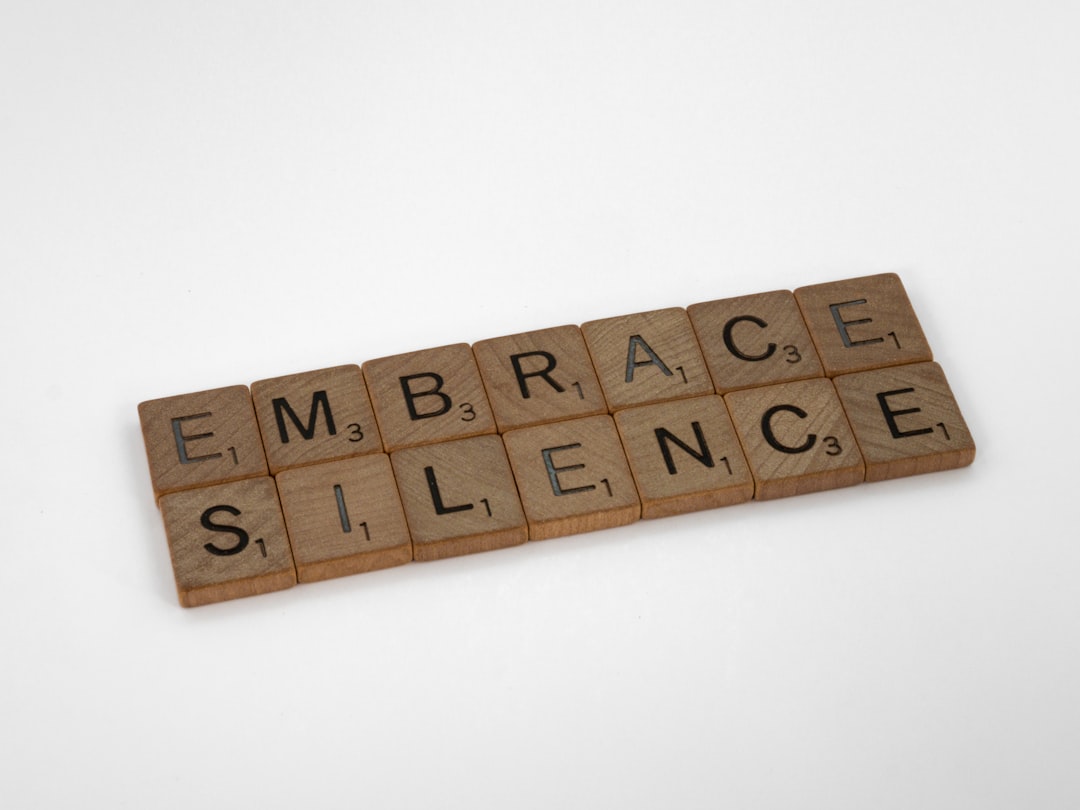All Nonfiction
- Bullying
- Books
- Academic
- Author Interviews
- Celebrity interviews
- College Articles
- College Essays
- Educator of the Year
- Heroes
- Interviews
- Memoir
- Personal Experience
- Sports
- Travel & Culture
All Opinions
- Bullying
- Current Events / Politics
- Discrimination
- Drugs / Alcohol / Smoking
- Entertainment / Celebrities
- Environment
- Love / Relationships
- Movies / Music / TV
- Pop Culture / Trends
- School / College
- Social Issues / Civics
- Spirituality / Religion
- Sports / Hobbies
All Hot Topics
- Bullying
- Community Service
- Environment
- Health
- Letters to the Editor
- Pride & Prejudice
- What Matters
- Back
Summer Guide
- Program Links
- Program Reviews
- Back
College Guide
- College Links
- College Reviews
- College Essays
- College Articles
- Back
Extroverts, Can You Be Quiet?
“Hey, can you speak up?”
“I am sorry, could you talk a little louder?”
“You don’t want to add anything to the conversation?”
Introverted people, or people who are perceived to be more shy than the average, are constantly harassed with comments that they “need to speak up” or that they should engage more when they are in a group setting. While these may be good skills to have, it should not always be up to the quieter person to speak up in order to make a setting more comfortable. I mean at the very least there should be a happy medium where sometimes the quieter person speaks up, and other times where the louder person has to be aware of their volume. If learning to speak up is a valuable skill, then learning to come back down to match the energy of the quieter people should be just as important of a skill to have.
Why is learning to be more quiet important? Well as an introvert myself, I can say that extroverted people learning to have a balance between being exuberant and quiet is important to allow the introverts a space to feel comfortable and allow them to talk without feeling like what they say is going to be overlooked or unheard. For extroverts themselves, however, learning to hone in on their more reserved qualities does have beneficial effects for them as well. According to Nicole Pajer, in an article written for the HuffPost, extroverts learning to better center themselves can allow them too fully process what they are going to say, be better listeners, learn to recognize others boundaries, and to generally learn to slow down without needing to always be surrounded by other people.
Learning how to have these skills are equally just as important as an introverted person learning how to speak up for themselves because it allows them to have a better understanding of themselves as well as the people around them. Knowing when it is the time to let other people speak is just as important as knowing when it is the time for you to speak up for yourself. As well as being comfortable with yourself, and being able to feel a sense of comfort in the person who you are when people are no longer around.
It is exhausting for a person like me who is shy and socially anxious to constantly be reminded that they are never speaking loud enough, or that they are too difficult to speak to since they are not giving a detailed enough response. It is also tiring to be the only one who is in the “wrong” when extroverted people are just as capable of learning to be more reserved and on the quiet side.
Extroverts, it is time that you understand that you are partly responsible when it comes to reserved people not being fully comfortable within a group setting. It is also time to understand that sometimes the good things come out of the quiet instead of a setting that is filled with an overwhelming loudness. Learning to be by yourself and recognizing when your conversation is not exactly needed is an important skill that can be beneficial in many social situations. Beneficial not only to the people within those situations, but also for yourself and your well-being.
So, I ask you extroverted people, are you ready to learn to be quiet?

Similar Articles
JOIN THE DISCUSSION
This article has 0 comments.
This piece was inspired by the fact that I, a highly socially anxious person, have always felt uncomfortable being the only one to have to "alter" myself within a social setting. Introverted and/or shy people are always being the ones that are told to be louder or more outgoing, and it is rare that extroverted and/or outgoing people are ever told to stop dominating the conversation or to be quieter. Both of these skills are important, that being talking up or learning to remain quieter, and it is time that we identify and/or enforce both rather than just one.